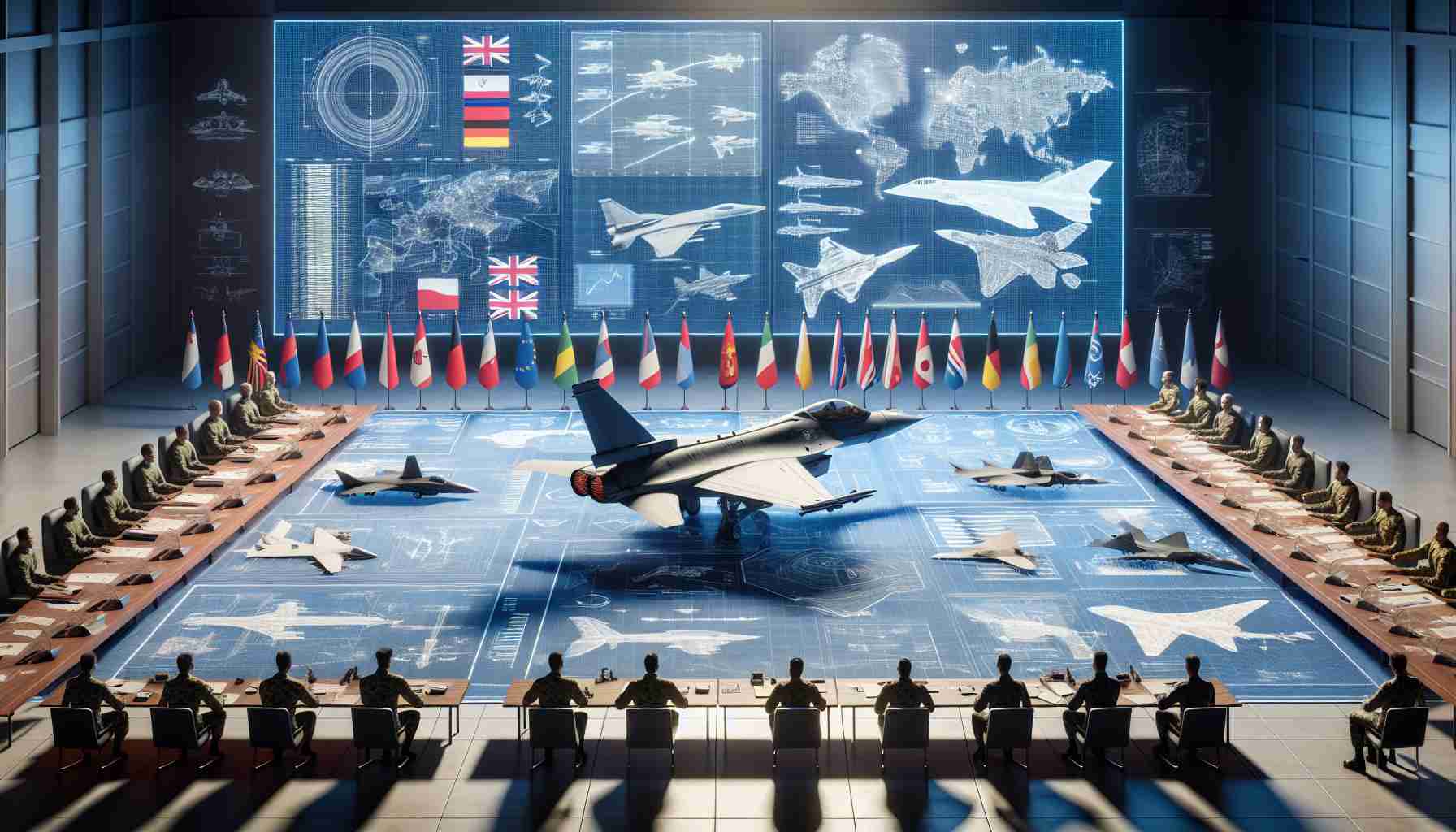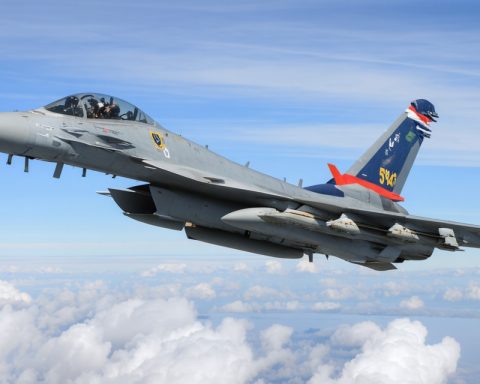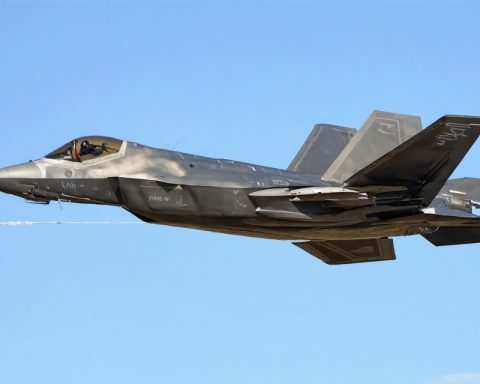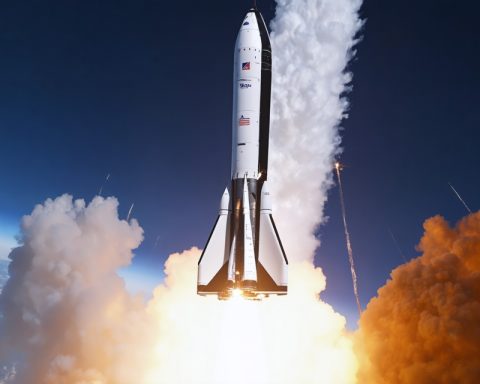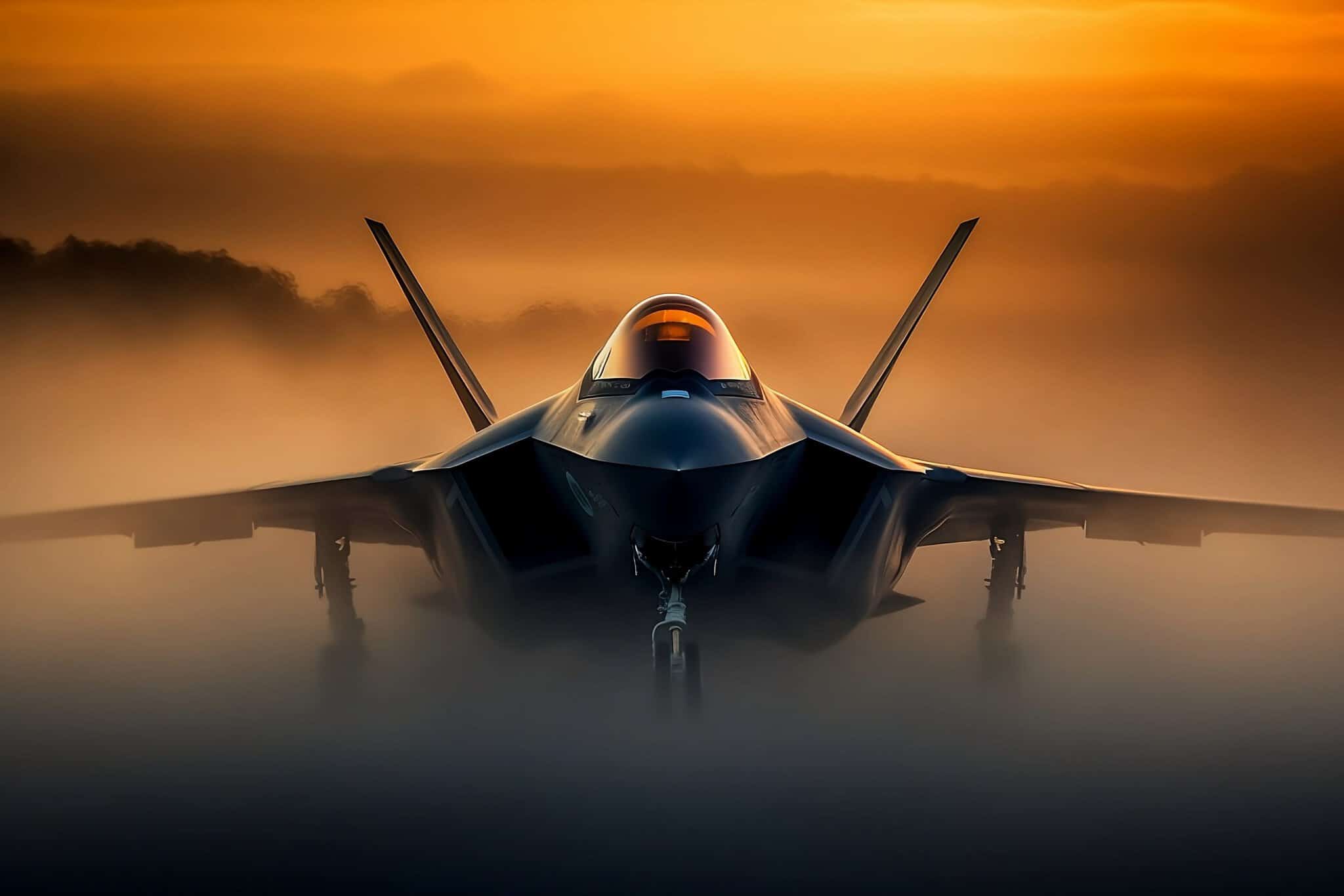Potential Unity in European Defense Projects
The landscape of European military aviation may be on the brink of transformation as recent comments from Airbus CEO Guillaume Faury hint at a possible merger of competing fighter jet initiatives. Currently, Britain, Italy, and Japan are collaborating on the advanced stealth aircraft project known as GCAP. Meanwhile, France, Germany, and Spain are developing their own initiative called FCAS.
Experts have raised concerns regarding the sustainability of these distinct endeavors, suggesting that financial limitations and uncertain demand for two separate programs could lead to a strategic reevaluation. Faury emphasized that a collaborative approach could optimize resources, allowing each participating nation to leverage its financial and technological strengths towards a unified European project.
He expressed hope that discussions among the involved governments could emerge within the next few years, particularly as both initiatives progress through their technological phases. Faury noted the importance of clarity regarding the objectives of FCAS and GCAP before any dialogue regarding collaboration can commence.
However, he acknowledged the complexities that arise from involving multiple stakeholders, highlighting that achieving a cohesive strategy could prove challenging. As the situation unfolds, the next few years could be pivotal in determining the future of European defense and whether these programs can effectively align for greater efficiency and impact.
Potential Unity in European Defense Projects: A Path Towards Sustainability
As the realm of military aviation in Europe undergoes potential changes driven by collaboration among nations, the implications of unity in defense projects like the Future Combat Air System (FCAS) and the Global Combat Air Program (GCAP) extend far beyond mere military enhancement. The possibility of merging these two ambitious initiatives raises critical questions about environmental sustainability, economic viability, and the broader impact on society and global cooperation.
Environmental Impact
The aviation industry, particularly military aviation, has traditionally been a significant contributor to carbon emissions and environmental degradation. The collaboration proposed by Airbus CEO Guillaume Faury could lead to significant advancements in green technologies, potentially shifting focus toward sustainable aviation practices. By pooling resources and expertise from multiple nations, participating countries may accelerate the development of more eco-friendly aircraft technologies that minimize environmental footprints. This unification not only holds promise for reducing emissions but also encourages a culture of sustainability within the defense sector that could resonate across other industries.
Humanitarian and Economic Considerations
Humanity stands to benefit from a unified defense strategy that prioritizes efficiency and cost-effectiveness. The development of overlapping fighter jet projects raises concerns about resource wastage during a time when many nations face economic challenges. By consolidating efforts, Europe can redirect financial resources towards pressing societal needs, such as healthcare and education, thereby fostering a more resilient and progressive society. Countries involved could also better justify defense spending to their citizens by emphasizing advancements in technology and sustainability over redundant military capabilities.
Moreover, successful collaboration in defense projects can serve as a platform for diplomatic relations between nations, potentially reducing tensions and fostering a sense of community within Europe. In a time when global challenges such as climate change and public health crises require coordinated responses, a unified approach in defense could symbolize a newfound cooperation that transcends military boundaries.
Connections to the Future of Humanity
The outcomes of these potential collaborations in military aviation can profoundly influence the future trajectory of humanity. As nations increasingly recognize the need for collaborative approaches to complex issues, including defense, health, and environmental crises, the successful integration of projects like FCAS and GCAP could become a blueprint for future international partnerships. When countries come together to prioritize joint goals and shared objectives, they send a powerful message about the importance of cooperative efforts in an interconnected world.
Moreover, as technology evolves rapidly, the impact of advanced military technologies on civilian applications becomes increasingly relevant. Breakthroughs in aerodynamics, energy efficiencies, and materials science developed for military aircraft could find their way into civilian transportation, contributing to greener and more efficient travel solutions for the public.
In summary, the potential for unity in European defense projects serves as a critical junction where military, economic, and humanitarian interests intersect. It presents a unique opportunity for Europe not only to enhance its defense capabilities but also to lead the way toward a more sustainable, collaborative, and forward-thinking future. As discussions progress in the coming years, the decisions made today will resonate far beyond national borders, impacting humanity’s path in an ever-evolving global landscape.
The Future of European Defense: Can Collaboration Pave the Way for Unity?
Potential Unity in European Defense Projects
The European military aviation landscape is teetering on the edge of significant transformation, as discussions around potential collaboration between competing fighter jet initiatives are gaining traction. Currently, two prominent projects are in development: the Global Combat Air Programme (GCAP) involving the UK, Italy, and Japan, and the Future Combat Air System (FCAS) being pursued by France, Germany, and Spain.
The Case for Collaboration
Airbus CEO Guillaume Faury has underscored the potential benefits of merging these two projects, citing financial constraints and the uncertainties surrounding the demand for separate initiatives. This perspective reflects a growing sentiment among experts who advocate for a strategic reevaluation of the European defense approach. A unified project, they argue, could allow participating nations to optimize resources and leverage their respective technological and financial capabilities.
Insights into Strategic Reevaluation
1. Financial Considerations: With defense budgets often facing limitations, countries may struggle to sustain multiple high-cost projects. Consolidation could lead to more effective allocation of funds and resources.
2. Technological Advancements: With both FCAS and GCAP progressing through technological phases, it is essential to harmonize efforts to ensure advancements do not overlap unnecessarily or compete against one another.
3. Government Collaboration: The prospect of discussions among involved governments is considered crucial. Successful dialogues could facilitate alignment on shared goals and foster a more integrated European defense strategy.
Potential Challenges to Unity
Achieving a cohesive strategy in European defense isn’t without its hurdles:
– Complex Stakeholder Dynamics: The involvement of various nations and industries complicates negotiations, requiring careful diplomacy to align differing national interests and strategic priorities.
– Cultural and Operational Differences: Each country has its own defense culture and operational needs, which can create divergence in project objectives and methodologies.
Future Trends and Innovations
As the landscape evolves, several trends and innovations are likely to impact European defense projects:
– Increased Research Collaboration: A shift towards shared research and development may emerge, allowing countries to capitalize on joint innovations in technology.
– Sustainability and Green Technologies: There’s a growing focus on sustainability within military initiatives. Collaborative efforts may integrate eco-friendly technologies into design and manufacturing processes.
– Cybersecurity Defense: As reliance on advanced technology grows, ensuring cybersecurity for joint defense projects will become increasingly vital.
Market Analysis and Predictions
The future of European defense systems is poised for change. Analysts predict that over the next few years, increased collaboration could lead to a consolidated defense market. The integration of FCAS and GCAP efforts may result in a competitive edge for Europe against emerging global defense threats.
Conclusion
With the next few years deemed critical, the discussions and decisions made today regarding the potential unity of FCAS and GCAP could redefine the defense landscape in Europe. As nations weigh the benefits of collaboration against the challenges of diverse national interests, the push for a unified European military aviation initiative remains both a formidable goal and a necessary avenue for strategic growth.
For more on defense collaborations and military innovations, visit Airbus Official Site.
